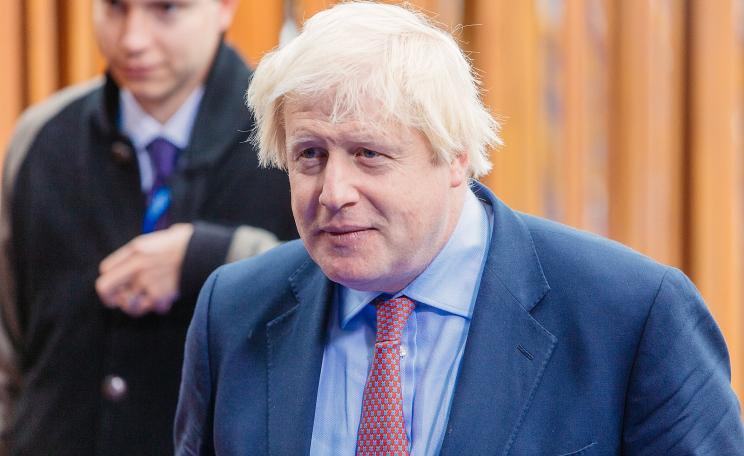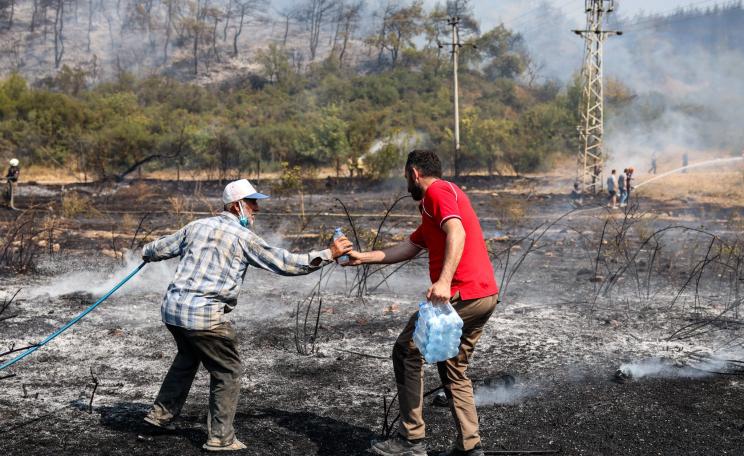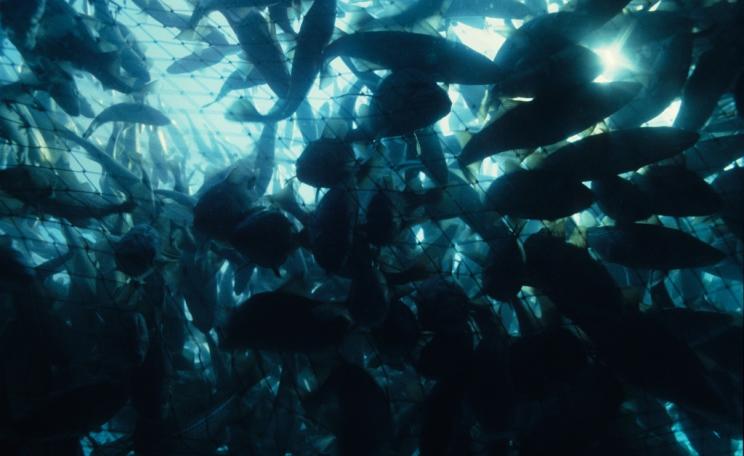The government refused a request for emergency authorisation in 2018 and we want to know what’s changed.
Wildlife campaigners are threatening legal action against the UK Government over its decision to temporarily lift the ban on harmful pesticides for use on sugar beet.
Lawyers for the Wildlife Trusts have contacted environment secretary George Eustice to ask him to demonstrate the decision was lawful, or they will launch a legal challenge to the move.
The pesticides, known as neonicotinoids, are banned because of evidence they harm bees but farmers can apply for emergency use of the chemicals.
Emergency
Earlier this month, the government said it had decided to grant an application for an emergency authorisation for use of a product containing the neonicotinoid thiamethoxam for the treatment of sugar beet seed in 2021.
The Wildlife Trusts, a federation of independent conservation charities covering the UK, said that in 2018 the UK expert committee on pesticides refused a similar application because of unacceptable environmental risks.
The Trusts say that nothing has changed since then and therefore the ban should stay.
Craig Bennett, chief executive of The Wildlife Trusts, said: “We are preparing to take legal action unless the Government can prove it acted lawfully.
“The government refused a request for emergency authorisation in 2018 and we want to know what’s changed.
Twin
“Where’s the new evidence that it’s OK to use this extremely harmful pesticide?”
And he said: “Using neonicotinoids not only threatens bees but is also extremely harmful to aquatic wildlife because the majority of the pesticide leaches into soil and then into waterways.
“Worse still, farmers are being recommended to use weed-killer to kill wildflowers in and around sugar beet crops in a misguided attempt to prevent harm to bees in the surrounding area. This is a double blow for nature.”
Exceptional
He said the move to temporarily lift the ban on the pesticides came as the government delayed flagship legislation, the Environment Bill, again.
It “once more highlights the gap between the rhetoric and reality of the government’s commitment to restoring nature and tackling the twin nature and climate crises,” he said.
More than 56,000 people have signed a petition by the Wildlife Trusts to ask the Prime Minister to overturn the decision, he added.
A Department for Environment, Food and Rural Affairs spokesman said: “Emergency authorisations for pesticides are only granted in exceptional circumstances where diseases or pests cannot be controlled by any other reasonable means."
This Author
Emily Beament is the PA environment correspondent.







